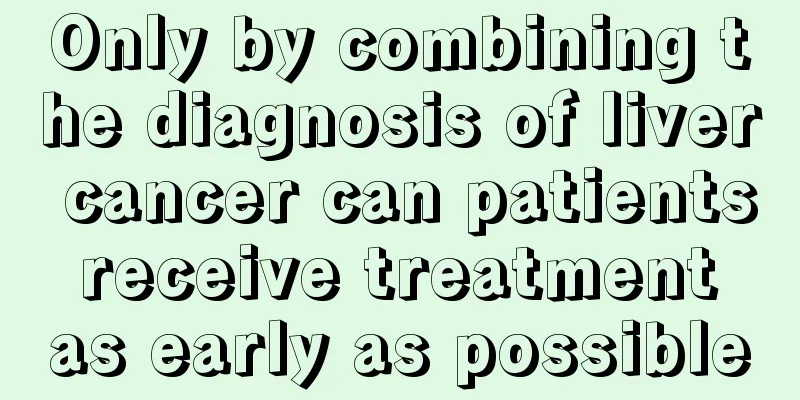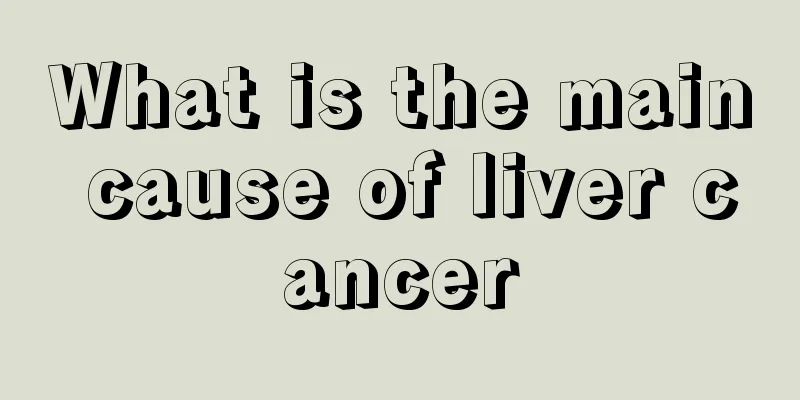Should we donate blood?

|
Several important components of blood are of particular concern to people during blood donation. Some people are quite afraid of donating blood because they consider that a decrease in red blood cells in the blood will cause the human organs to not get enough oxygen, and dizziness will occur when the brain is not supplied with enough blood; and a decrease in white blood cells will lead to a decrease in human immunity, at which time pathogenic bacteria have an opportunity to take advantage, and there is a great possibility of getting sick; platelets are an important component that controls the body's coagulation function. If people have a decrease in platelets, it may cause the body's wounds to be difficult to heal... So, will blood donation lead to the above symptoms? What effects does blood donation have on the human body? We all know that people usually donate 200 ml of blood, and if they encounter a rare blood type, they may request 400 ml. However, what does this normal amount of blood donation mean to the human body? The total blood volume of an adult is about 4000 to 5000 ml. Each person donates 200 to 400 ml of blood each time as required, which only accounts for 5% to 10% of the total blood volume. The amount of blood lost is not large, and the nutrients will be replenished in a short time, so it will not affect the body. Every month, women bleed 30 to 50 ml during their period, and some women bleed up to 80 ml. This happens every month without causing any adverse effects on the human body. Why do some people feel dizzy after donating blood? Some people who donate blood for the first time are prone to dizziness and nausea, which is caused by changes in blood pressure and emotional stress. People's blood vessels are like a rubber pipe. When the amount of liquid in the pipe decreases, the pressure on the wall of the pipe also decreases. At this time, the blood pressure drops and the heart's pumping power is insufficient, which causes people to have a bradycardia and reduced blood supply, resulting in a transient lack of blood supply to the brain and dizziness. Therefore, after donating blood, it is recommended that you rest for a while, replenish energy and water, and give your blood vessels an adaptation process, so that the body will quickly return to normal. The claim that blood donation can lead to a decrease in white blood cells and platelets, resulting in decreased immunity and coagulation dysfunction, is even more ridiculous. The life span of a normal adult's red blood cells in the blood is about 120 days, the life span of white blood cells is only a dozen hours at the shortest, and the life span of platelets is about 10 days. Therefore, even if you do not donate blood, various cells will die after a certain period of time. The human body's blood is constantly renewed every day. According to conservative estimates, for a normal adult weighing 50 kg, about 16 ml of red blood cells die every day, and the bone marrow produces a considerable number of young red blood cells to join the work. Therefore, the blood function of the human body will hardly be affected. Donating blood is beneficial for most people When people lose blood accidentally or donate blood, their hematopoietic ability will increase 4 to 5 times compared to normal. Even if blood donation is such a situation, it can promote the body's metabolism, enhance immunity and disease resistance, stimulate the body's skeletal hematopoietic organs, keep them in a youthful and vigorous hematopoietic state, achieve the effect of prolonging life, and prevent the occurrence of cardiovascular and cerebrovascular diseases such as arteriosclerosis. An experiment compared 332 blood donors over the age of 66 with 399 non-blood donors with the same physical conditions. The results showed that the average life expectancy of those who had donated blood was longer than that of those who had never donated blood. But everything has two sides, and not everyone is suitable for donating blood. Our country stipulates that people who have donated blood within 6 months; are underweight or overweight; are anemic; suffer from various infectious diseases or are at risk of infectious diseases; have malignant tumors or a history of illness; have serious chronic diseases or autoimmune diseases and pregnant women are not suitable for blood donation. |
<<: Five types of underwear make breasts smaller and sagging
Recommend
Who is suitable for esophageal cancer treatment
In recent years, esophageal cancer has become one...
What to do if the lumbar spine compresses the legs and the legs hurt? Lumbar disc herniation requires treatment
Lumbar disc herniation is a very harmful disease ...
What are the reactions after ten days of pregnancy?
Once women successfully conceive, a series of cha...
Can patients with esophageal cancer get pregnant?
Every woman has the qualifications and desire to ...
How to treat anal fistula in the early stage
Anal fistula is actually a disease caused by peri...
What are the causes of gallbladder polyps?
There are many reasons for the occurrence of gall...
9 major complications of advanced lung cancer
In addition to the symptoms of the cancerous part...
What to do if your toes hurt due to nasopharyngeal cancer
What should I do if I have toe pain due to nasoph...
Is the incidence of uterine cancer high?
Uterine cancer is usually called endometrial canc...
Low neutropenia
One type of white blood cell is the alkaliphilic ...
How to wash raisins more cleanly
During the production process, raisins are likely...
Can cervical precancerous lesions be cured? How to treat cervical precancerous lesions?
Most cervical precancerous lesions can be cured a...
Causes and treatment of bile reflux
In fact, the human body structure is a very compl...
Can the birthmark on the face be removed? What method is used?
Because some birthmarks will appear on the skin o...
What to do if you have a lot of forehead wrinkles
Wrinkles are a type of skin lines formed due to t...









